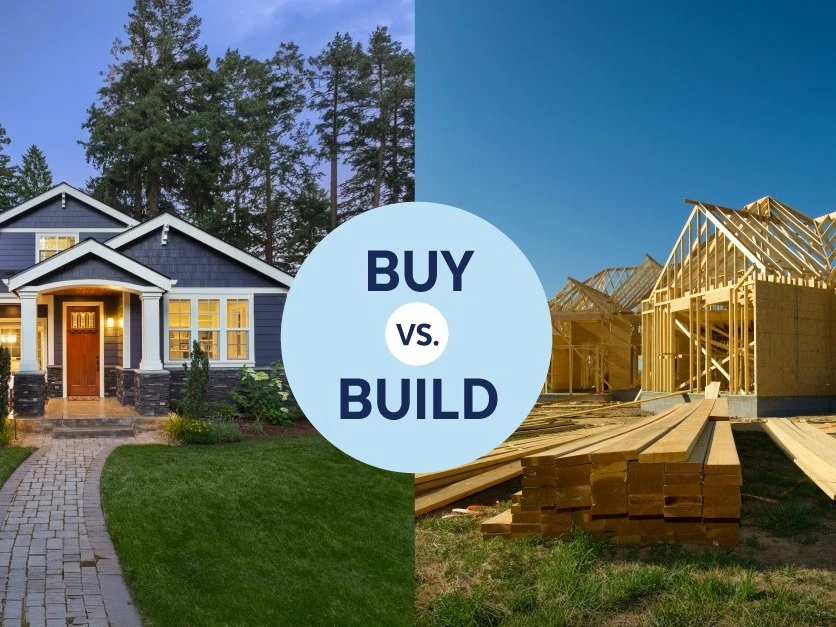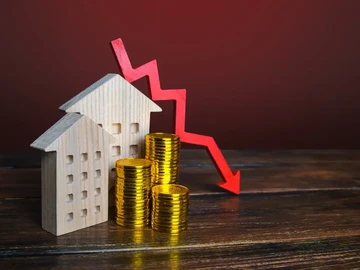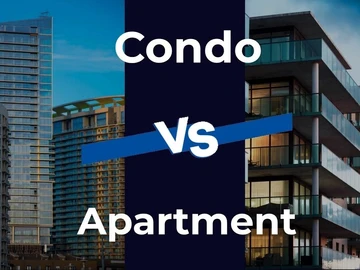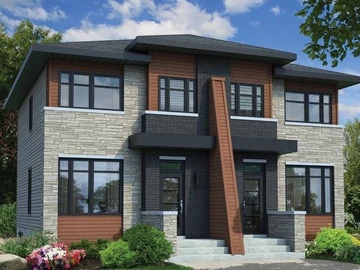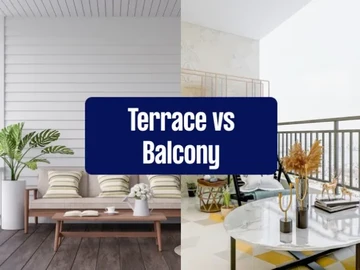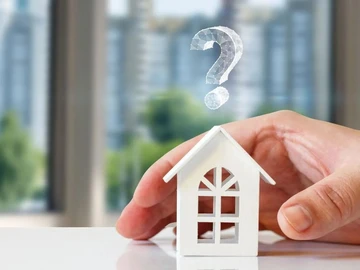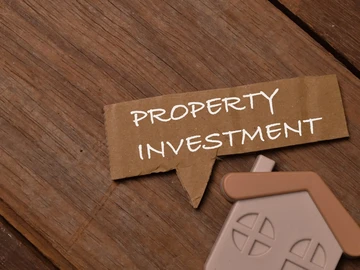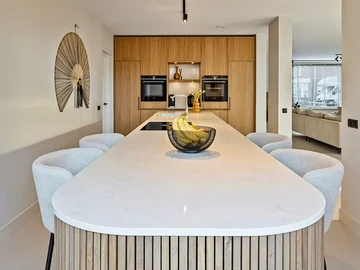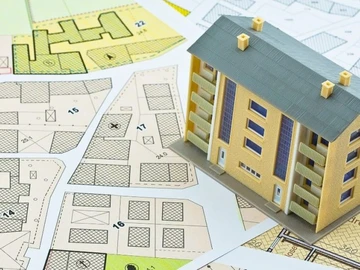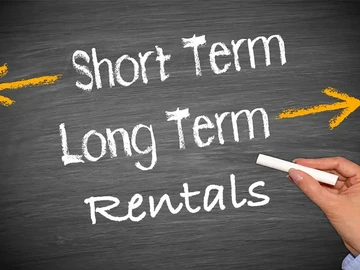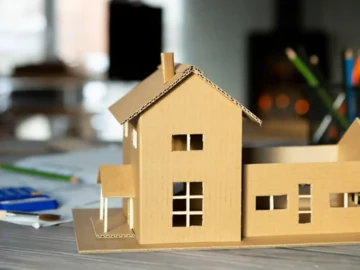In Zimbabwe's dynamic property market, one of the most common questions aspiring homeowners and investors face is whether to build or buy a property. In 2025, with fluctuating construction costs, inflation, and changing real estate dynamics, this decision can significantly impact your financial future.
Should you build from scratch and customize your dream home, or should you purchase an existing property and move in immediately? This article compares the pros and cons of building versus buying in Zimbabwe's current market to help you make an informed decision.
Key Factors to Consider in 2025
Before we dive into the pros and cons, let's look at some factors shaping the 2025 real estate landscape in Zimbabwe:
- Construction costs: Rising costs for building materials and labor in Zimbabwe have made building a home more expensive in recent years.
- Housing demand: Growing urban populations, particularly in Harare, Bulawayo, and other major cities, are fueling demand for affordable homes and rental properties.
- Availability of land: Land is a limited and increasingly valuable commodity in Zimbabwe, especially in prime urban locations.
Your decision to build or buy depends on your budget, timeframe, and long-term plans.
Buying a Property in 2025: The Pros and Cons
Pros of Buying a Property
- Immediate Availability
- The most obvious advantage of buying is that you can move in quickly. Whether you're looking for a residential property or an investment, buying means you skip the construction delays and potential issues.
- Ideal for short-term needs: If you need to move in immediately or are investing in rental property, buying is often the quicker, more efficient option.
- The most obvious advantage of buying is that you can move in quickly. Whether you're looking for a residential property or an investment, buying means you skip the construction delays and potential issues.
- Lower Initial Costs
- In some cases, purchasing a home can be more affordable upfront than building, especially if land prices and construction costs are high.
- You avoid construction overruns and unexpected expenses associated with building a home.
- In some cases, purchasing a home can be more affordable upfront than building, especially if land prices and construction costs are high.
- Established Neighborhoods
- Buying in an already developed area means you'll have access to existing amenities such as schools, hospitals, shopping centers, and transport links.
- These neighborhoods may also offer better security and community infrastructure.
- Buying in an already developed area means you'll have access to existing amenities such as schools, hospitals, shopping centers, and transport links.
- Lower Risk
- With a purchased property, you know what you're getting. There are no risks of construction issues, zoning problems, or delays that could arise during the building process.
Cons of Buying a Property
- Limited Customization
- When you buy an existing property, you inherit the design, layout, and condition of the home as it is.
- Renovating can be costly, and you may not be able to create the ideal living space that meets your needs exactly.
- When you buy an existing property, you inherit the design, layout, and condition of the home as it is.
- Higher Long-Term Costs
- While the upfront costs may seem lower, existing properties, particularly older homes, may require ongoing repairs and upgrades.
- Properties in prime locations may be priced at a premium, limiting your options if you're on a tight budget.
- While the upfront costs may seem lower, existing properties, particularly older homes, may require ongoing repairs and upgrades.
- Increased Competition
- With high demand in cities like Harare, there may be limited availability of properties that meet your needs or budget.
- The competition among buyers can drive up prices, leaving you with fewer choices.
- With high demand in cities like Harare, there may be limited availability of properties that meet your needs or budget.
Building a Property in 2025: The Pros and Cons
Pros of Building a Property
- Complete Customization
- Building a property allows you to design your dream home from the ground up. You can choose the layout, materials, and finishes to suit your style and needs.
- You have control over every detail, from the number of rooms to energy-efficient features and modern amenities.
- Building a property allows you to design your dream home from the ground up. You can choose the layout, materials, and finishes to suit your style and needs.
- New Construction with Modern Features
- Newly built homes often come with the latest building codes and energy-efficient technologies, which can save you money in the long run.
- You can design homes that meet current market demands, ensuring that they stay relevant and attractive for resale or rental.
- Newly built homes often come with the latest building codes and energy-efficient technologies, which can save you money in the long run.
- Lower Maintenance Costs
- A newly built home typically requires less maintenance in the early years compared to an older property.
- You don’t have to worry about plumbing issues, roof leaks, or other problems often found in older properties.
- A newly built home typically requires less maintenance in the early years compared to an older property.
- Potential for Higher Value
- In the long term, a well-built property in a growing neighborhood can appreciate significantly in value, offering potential returns on your investment.
Cons of Building a Property
- Higher Initial Costs
- Building a home involves significant initial investment for land, construction, permits, and materials. With inflation, these costs are expected to rise in 2025, making it a more expensive option upfront.
- You may need to secure construction loans or mortgages with higher interest rates, which could add financial pressure.
- Building a home involves significant initial investment for land, construction, permits, and materials. With inflation, these costs are expected to rise in 2025, making it a more expensive option upfront.
- Time-Consuming
- Building a property can take anywhere from several months to a few years, depending on the size and complexity of the project.
- Delays due to weather, material shortages, or labor issues can push back your expected move-in date.
- Building a property can take anywhere from several months to a few years, depending on the size and complexity of the project.
- Unexpected Costs
- Construction projects often go over budget due to unexpected costs such as materials price hikes or issues uncovered during the building process.
- You may encounter planning or zoning issues that delay your project or increase costs.
- Construction projects often go over budget due to unexpected costs such as materials price hikes or issues uncovered during the building process.
Final Thoughts: Build or Buy?
The decision to build or buy in Zimbabwe in 2025 depends largely on your personal goals and financial situation. If you're looking for immediate availability and lower upfront costs, buying a property in an established neighborhood might be the best option. However, if you’re willing to invest more time and money, and you want a customized, modern home, building a property can offer long-term rewards.
In the current market, where construction costs are rising and land is becoming scarce, it’s important to weigh your options carefully. Whether you decide to buy or build, working with experienced professionals, such as real estate agents, builders, and financial advisors, can help ensure a smoother and more successful investment.
 Continue with Facebook
Continue with Facebook
 Continue with Email
Continue with Email

